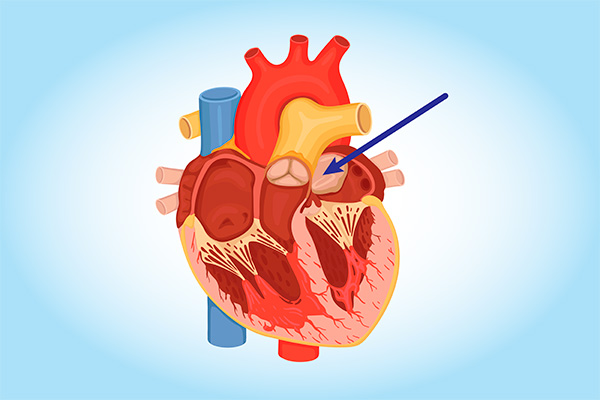Postpartum Depression Symptoms - When and How to Get Help
February 16, 2023

Health & Wellness Tips
Related Articles
-
Wellness & Prevention
![What are Different Types of Breast Cancer_ Plus Treatment Options]()
What are Different Types of Breast Cancer? Plus Treatment Options
-
Wellness & Prevention
![When to Get a Flu Shot]()
When to Get a Flu Shot This Year: What Experts Recommend
-
Your Healthcare
![Woman provider speaking with patient while sitting at table.]()
Diagnosing and Treating Colon Polyps: What You Need to Know
-
Your Healthcare
![Woman pharmacist behind pharmacy counter, providing male patient with their medication.]()
Medication Safety: How Pharmacists Help You Manage Your Meds
-
Your Healthcare
![A smiling couple staring into each others eyes. The woman is laying on a bed, while the man is above her, with his face close to hers.]()
Navigating Low Libido: Insights & Solutions for Women
-
Your Healthcare
![an older Black man jogging in a park wearing headphones]()
Discover the Heart-Health Benefits of Weight Loss Medications
-
Coping with Illness
![surgeons in operating room performing heart bypass surgery]()
What is Heart Bypass Surgery? CABG Surgery Can Be a Lifesaver
-
Your Healthcare
![cardiac catheterization]()
Cardiac Cath Lab: Pioneering Non-Surgical Heart Solutions
-
Coping with Illness
![cardiac myxoma heart tumor diagram]()
Can You Get Heart Cancer? It's Rare, but Yes. Learn the Symptoms
-
Wellness & Prevention
![Make your 2023 New Years Resolutions]()
5 Achievable 2024 Health-Related New Year's Resolutions
Back to Top













